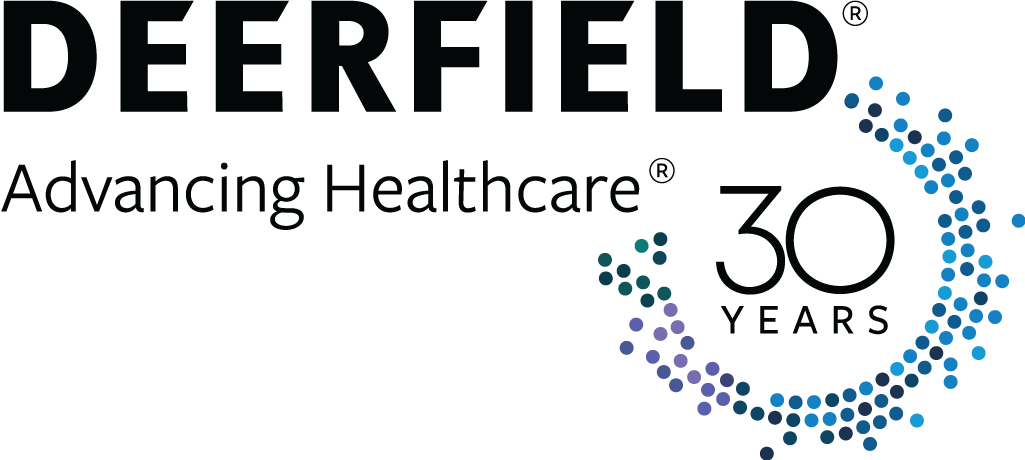Purpose
This research proposes a framework to detect adverse drug reactions using Internet user search data, so that adverse drug reaction events can be identified early. Empirical investigation of Avandia, a type II diabetes treatment, is con-ducted to illustrate how to implement the proposed framework.
Design/methodology/approach
Typical adverse drug reaction identification measures and time series processing techniques are used in the proposed framework. Google Trends Data is employed to represent user searches. The baseline model is a disproportionality anal-ysis using official drug reaction reporting data from the U.S. Food and Drug Administration’s (FDA) Adverse Event Re-porting System (FAERS).
Findings
Results show that Google Trends series of Avandia side effects search reveal a significant early warning signal for the side effect emergence of Avandia. The proposed approach of using user search data to detect adverse drug reactions is proved to have a longer leading time than traditional drug reaction discovery methods. Three more drugs with known adverse reactions are investigated using the selected approach, and two are successfully identified.
Research limitations/implications
Validation of Google Trends data’s representativeness of user search is yet to be explored. In future research, user search in other search engines and in healthcare web forums can be incorporated to obtain a more comprehensive adverse drug reaction early warning mechanism.
Practical implications
Using Internet data in drug safety management with a proper early warning mechanism may serve as an earlier signal than traditional drug adverse reaction. This has great potential in public health emergency management.
Originality/value
Our research work proposes a novel framework of using user search data in adverse drug reaction identification. User search is a voluntary drug adverse reaction exploration behavior. Further, user search data series are more concise and accurate than text mining in forums. The proposed methods as well as the empirical results will shed some light on incor-porating user search data as a new source in pharmacovigilance.











